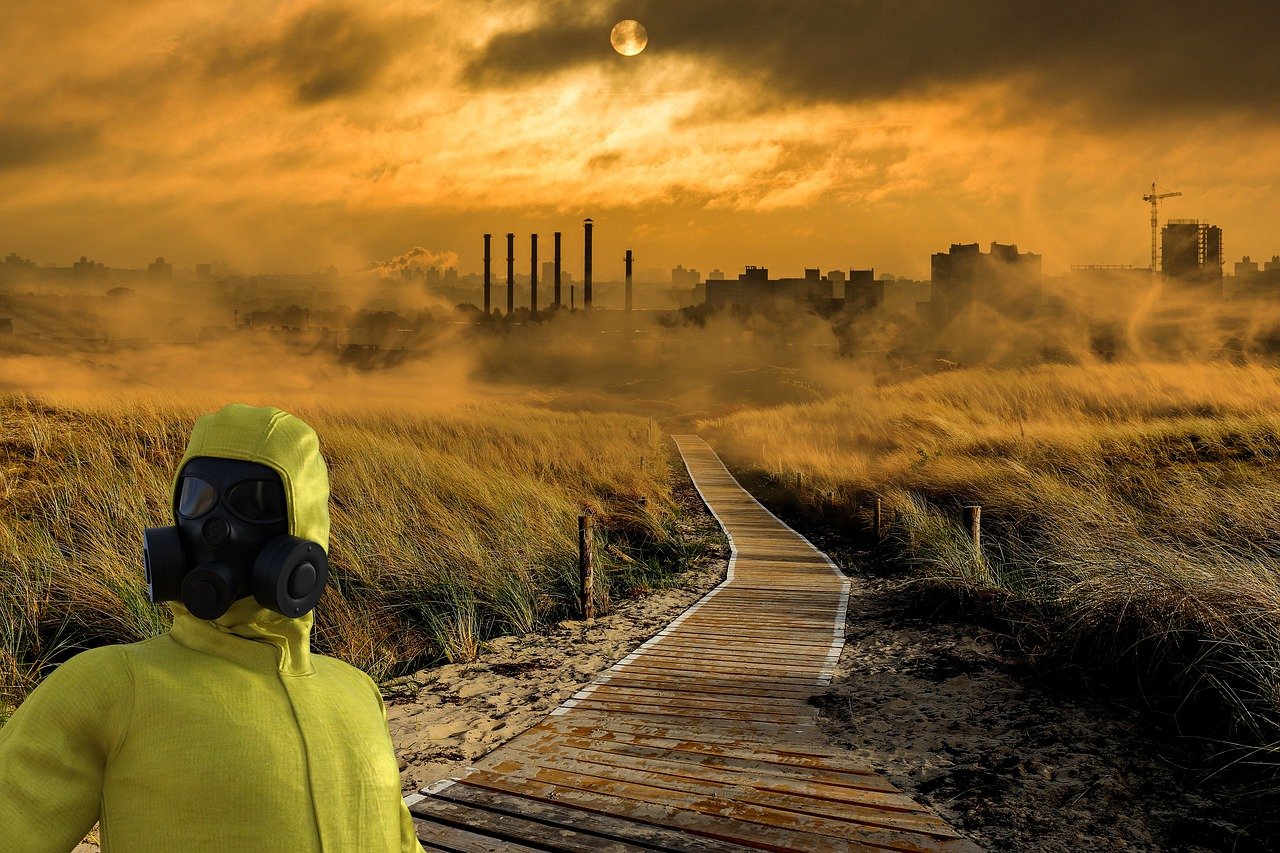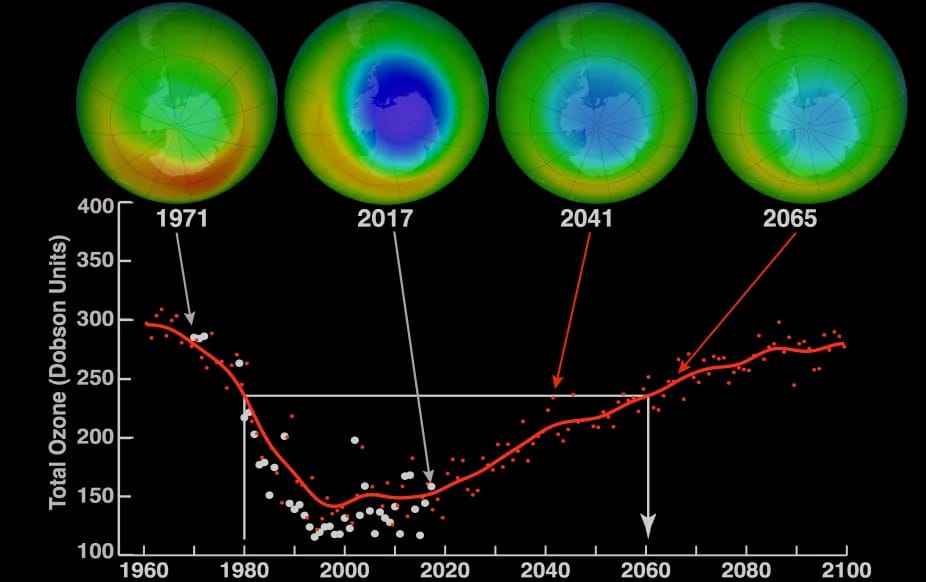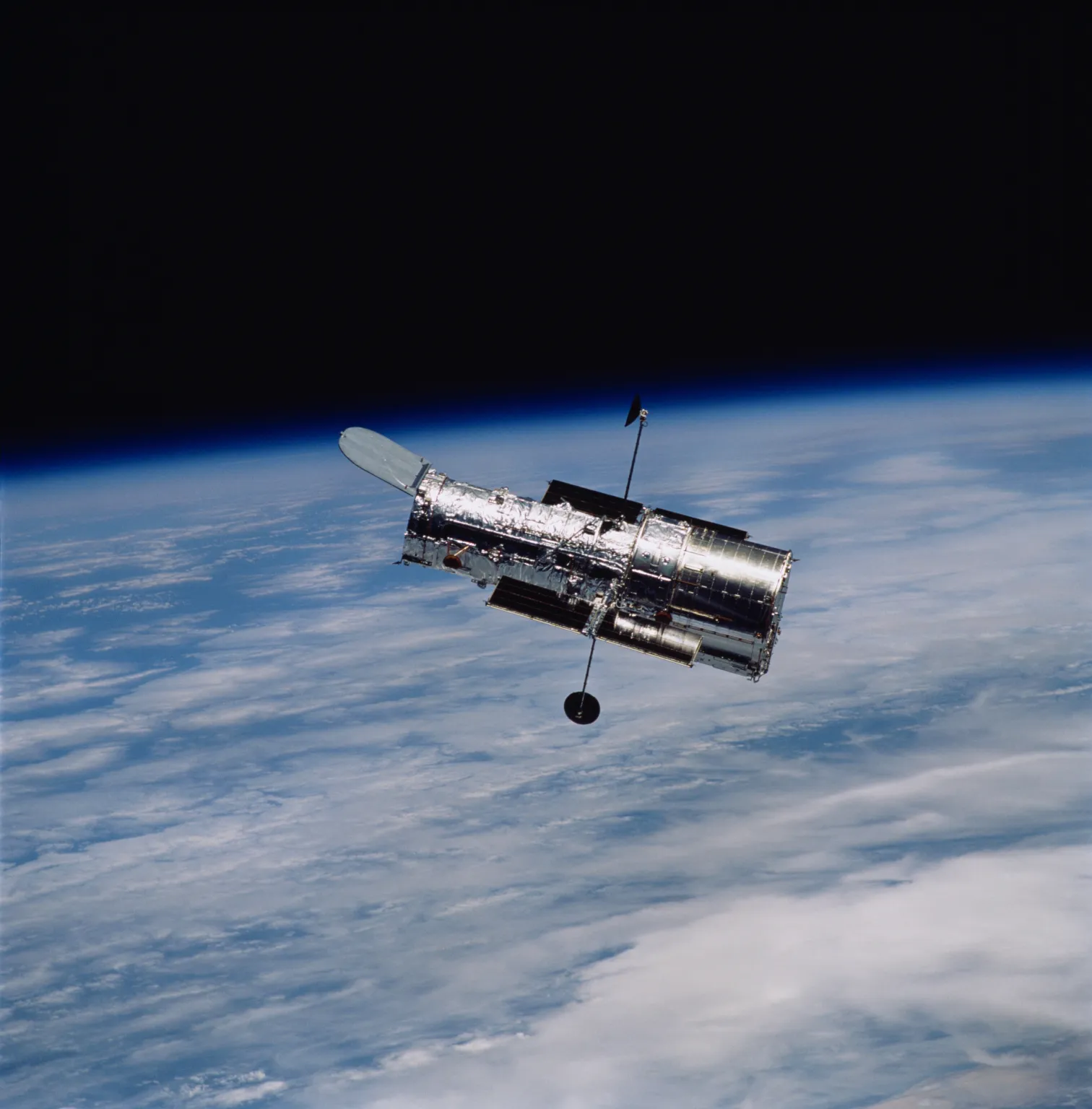COP28: A Race Against a Boiling Planet

The clock on climate change isn't ticking – it's blaring. Extreme weather events, once rare, are becoming grimly routine. From scorching heatwaves to devastating floods, the Earth's temperature is rising, fueled by a relentless accumulation of greenhouse gasses like carbon dioxide. This isn't just about a few hotter summers; it's a complete reshaping of weather patterns, leading to droughts, wildfires, rising sea levels, and even pandemics. The economic impact is staggering. In 2022 alone, the World Economic Forum estimates climate disasters cost countries over $3 billion. The catastrophic floods in Pakistan, submerging a third of the nation, are a terrifying glimpse into the future. Scientists warn that by 2030, these extreme events could become so frequent and severe that human adaptation might be impossible. The UN Secretary-General himself has declared the era of "global warming" a quaint relic; we've entered a period of "global boiling."
This is the backdrop for COP28, the 28th Conference of the Parties, held in Dubai from November 30th to December 12th, 2023. Imagine it as a global summit, a yearly gathering where 192 countries (up from the original 154 signatories in 1992's Earth Summit) convene to strategize against this existential threat. COP28 holds immense significance, ranking alongside the landmark 2015 Paris Agreement.
The conference focused on four main pillars:
-
Energy Revolution:
Weaning the world off fossil fuels and accelerating the transition to clean energy sources like solar and wind power is paramount. Imagine vast solar farms blanketing deserts or wind turbines spinning majestically offshore, generating clean electricity.
-
Climate Finance Fix:
Developed nations need to fulfil their promise from the Paris Agreement – delivering $100 billion annually to support developing countries in their climate fight. This isn't just charity; it's an investment in a healthier planet for everyone.
-
Empowering the Vulnerable:
Island nations facing rising sea levels and developing countries grappling with erratic weather patterns need our help. COP28 aimed to establish concrete measures to support them, from infrastructure projects to climate-resilient agriculture.
-
Inclusive Decision-Making:
Climate change doesn't discriminate, but solutions often do. The voices of indigenous communities, youth, and women are crucial for crafting equitable and effective climate action plans.
COP28 wasn't just about lofty goals; it was about forging a path forward. The success of these strategies hinges on concrete action plans from participating nations. Open dialogue between governments, tech companies, and academia is essential, along with continued investment in green technologies.
Imagine a future powered by clean energy, where vulnerable communities are empowered to adapt, and everyone has a say in shaping a sustainable planet. COP28 might just be the spark that ignites that future, but the real work starts now. The clock may be blaring, but it's not too late to turn things around.
Similar Post You May Like
-

CFCs, HFCs and their long, troubled history
At its peak, the ozone hole covered an area 7 times larger than the size of Europe, around 29.9 million km2, and was rapidly expanding
-

The Origin of Universe: Deciding point where it all began!
Let us unravel and surf through the ideas throughout ages to understand what the universe and its origin itself was to its inhabitants across history.
-

The Artemis Program
Inspired by the Greek goddess of the Moon, twin sister to Apollo, the artimis program was named on 14 May 2019 by Jim Bridenstine.







